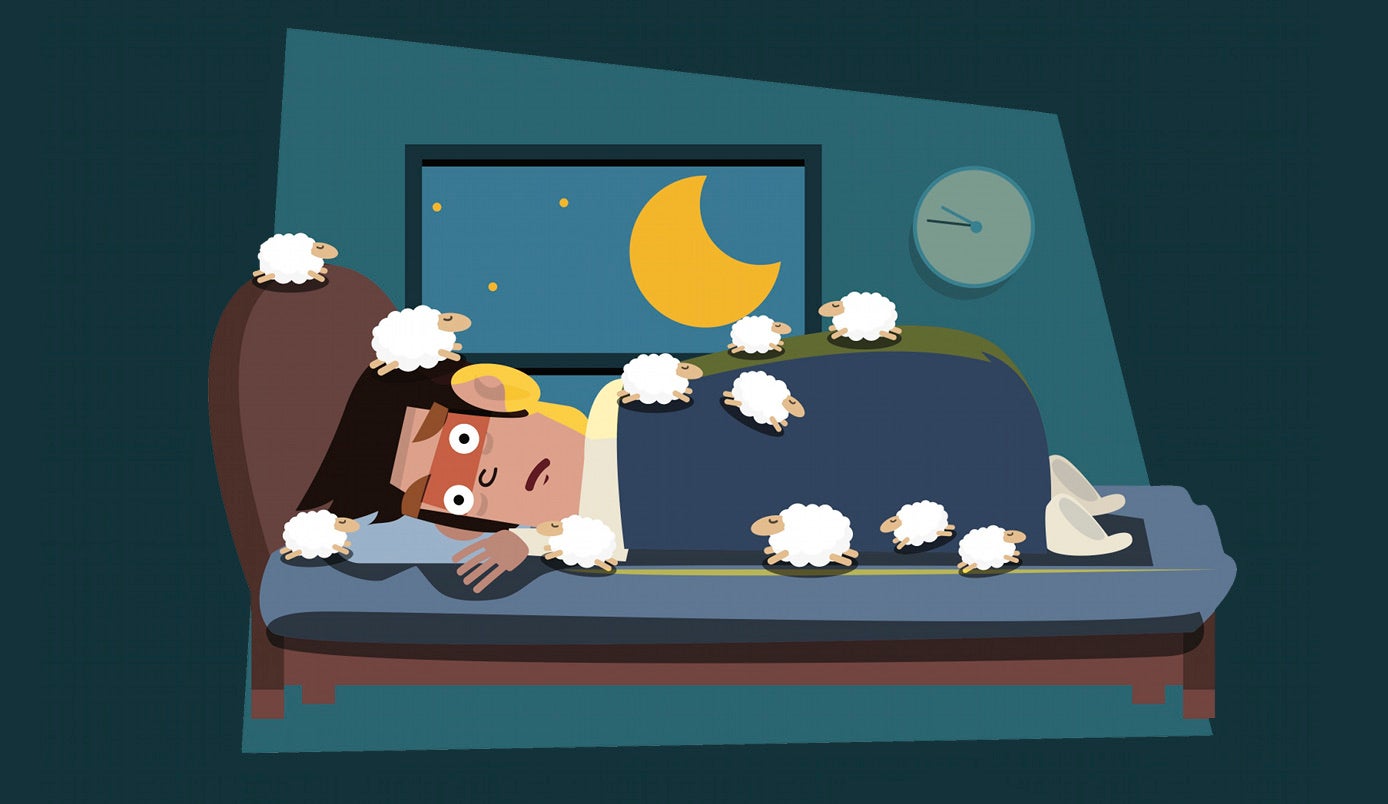Will exercising help my insomnia?
What is insomnia?
Sometimes counting sheep doesn't help us nod off, or bad dreams keep us up all night. But if you often have trouble falling or staying asleep, you could have insomnia. Chronic insomnia is the most common sleep disorder among adults, particularly in the elderly. Seven to eight hours is the recommended daily sleep, to allow enough energy the next day and feeling refreshed. There are treatments and therapies GPs might offer, but before trying that, exercise could exercise could ease you sleep related worries. [1]
What causes insomnia?
Much like many other sleep disorders or mental health issues, the cause of insomnia is unknown. By addressing underlying issues, often insomnia will be relieved with them.
Lack of sleep is often associated with:
- Stress and anxiety- if you are under more pressure at school or work, or have recently felt more anxious, this could be triggering insomnia.
- Your bedroom- Most of us are guilty of a messy bedroom, but few of us know how that could be affecting our sleep patterns. As well as mess, the temperature, light and comfy-ness (?) can all help us get a better nights kip. [1]
- Medical issues- common conditions like Arthritis, asthma, chronic pain or lower back pain. [2]
- Medications
- Pre-existing mental health issues- e.g Depression
How can I help my insomnia?
The NHS suggest a few subtle lifestyle changes to help ease insomnia, like avoiding screens and caffeine late at night or relaxing in the evenings with baths or music. [1]However, research has been conducted that suggests exercise is beneficial to regulating a satisfying and replenishing sleep pattern.
It is important to note that the type of exercise performed does influence sleep. Aerobic respiration (with a plentiful Oxygen supply), like walking or yoga reduces the time taken to fall asleep and increased length of sleep.
But vigorous aerobic or anaerobic (lacking Oxygen) exercise, had no effect on the sleep. This could be due to exercise triggering adrenaline, or hormones that wake you up. This can be beneficial for anxiety or depression [see previous posts: http://myphysioproject.blogspot.co.uk/2017/11/epq-anxiety-and-stress.html or http://myphysioproject.blogspot.co.uk/2017/11/epq-depression.html].
So, if you are planning any fast pace exercise, like running or weight lifting, try to do this in the morning to avoid disrupting your sleep.
Insomnia is widely linked to anxiety and depression, which exercise also soothes. It has also been suggested that the drop in body temperature post-workout causes the body to fall asleep more easily.
[1]https://www.nhs.uk/conditions/insomnia/- NHS choices, Insomnia
[2] https://sleepfoundation.org/insomnia/content/what-causes-insomnia
[3]https://sleepfoundation.org/ask-the-expert/how-does-exercise-help-those-chronic-insomnia

Comments
Post a Comment